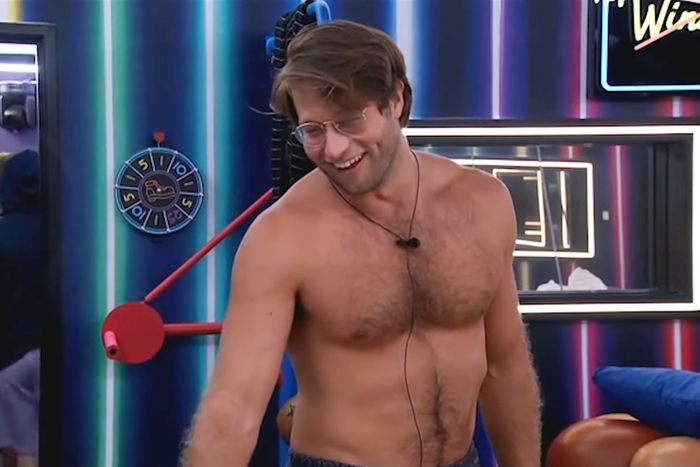
Network TV viewers are faced with ever-dwindling pickings as the Hollywood strikes drag on. CBS’s answer: plugging multiple primetime slots with one of its longest-running reality shows. Big Brother, now in its 25th season, airs three episodes a week. Contestants living in a house together play bizarre games (often involving slime) to gain advantages, form alliances in their downtime, and vote a person out once a week. But that’s only a fraction of the content on offer. As the name of the show suggests, viewers can tune into live feeds of contestants 24 hours a day. Which means every single problematic thing a contestant might say is on full blast. Which means racism. And sexism. A lot of it over the years. “Big Brother isn’t naturally or inherently more racist, it’s just more on display,” explains Taylor Hale, the first Black woman to win the show (season 24). “You can’t tell me that on any of these other shows where all these people are living in a house, people don’t say racially insensitive or racist things. They’re just not seen in real time.” Hale says other reality shows can edit anyone to look like anything. The live feeds on Big Brother mean accountability. Taran Armstrong, who literally watches the live feeds for a living (he hosts a daily recap podcast for the Rob Has a Podcast network), says that the enduring appeal of Big Brother is watching a tiny society take shape within a closed environment. “Big Brother allows you to see this fantasy of: ‘What if it were that simple? That I could just win a competition or win a couple of allies and change the entire structure of how our society worked?’” Listen to the full episode of Into It below to find out how Hale faced down racist bullying in her season and why Armstrong thinks Big Brother is the most sophisticated reality competition show on TV today.

